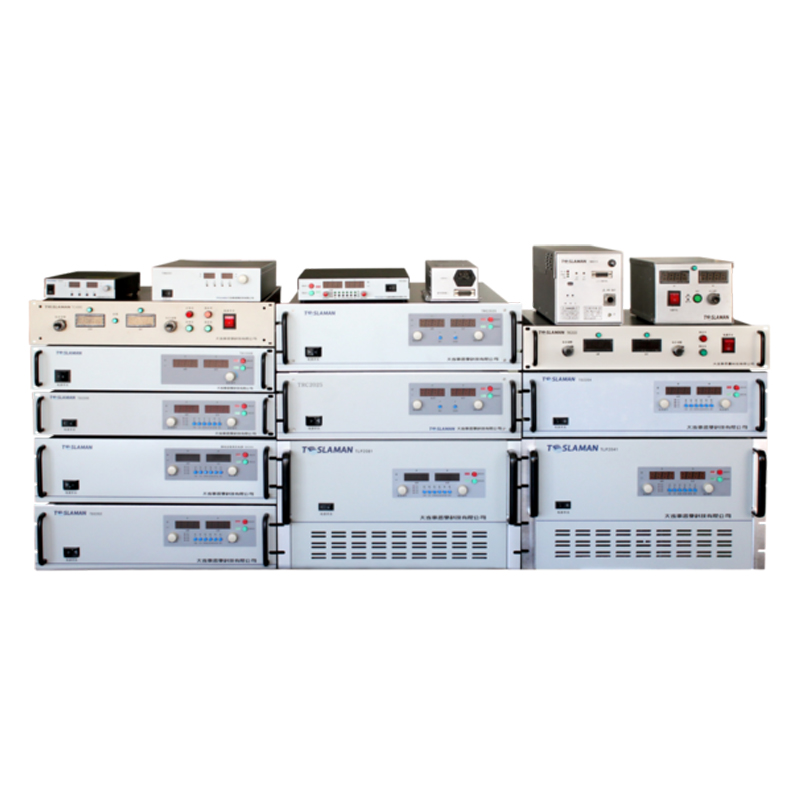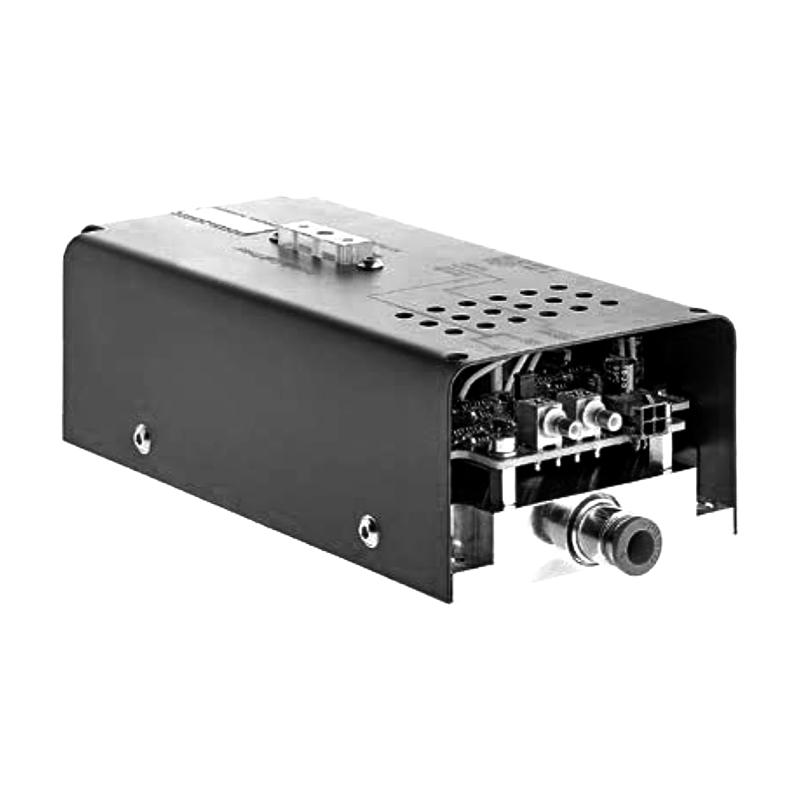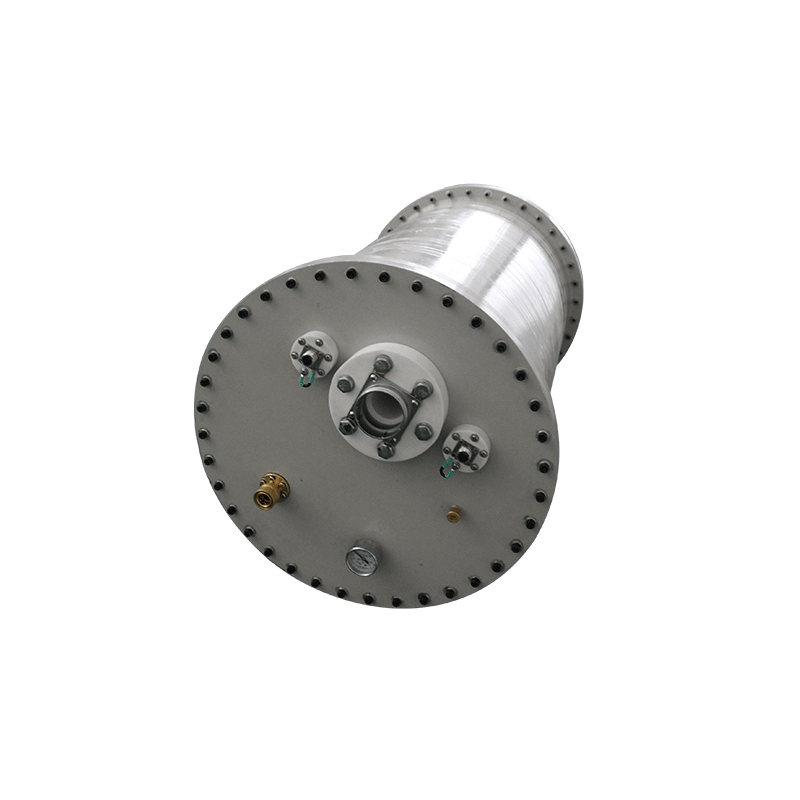The Application and Experimental Scheme of High Voltage Generators in Superconducting Material Research
Abstract: This article mainly discusses the application of high voltage generators in superconducting material research and experimental schemes. Firstly, we introduce the principle and types of high voltage generators; secondly, we elaborate on the importance of high voltage generators in superconducting material research; finally, we propose an experimental scheme for superconducting materials based on high voltage generators.
Keywords: High Voltage Generator, Superconducting Material, Experimental Scheme
1. Introduction
With the development of science and technology, superconducting materials are increasingly used in various fields. Superconducting materials have excellent characteristics such as zero resistance and high critical temperature, making them promising for applications in power transmission, maglev trains, medical imaging, and more. However, high voltage generators are necessary for experiments in the preparation and study of superconducting materials. Therefore, this article will explore the application and experimental schemes of high voltage generators in superconducting material research.
2. Principle and Types of High Voltage Generators
A high voltage generator is a device that can generate high voltage electricity. Its working principle is to convert low voltage electricity into high voltage electricity through electromagnetic induction, capacitor charging, and other methods. According to the working principle and structural characteristics, high voltage generators can be divided into several types: direct current (DC) high voltage generators, alternating current (AC) high voltage generators, pulse high voltage generators, etc.
3. Importance of High Voltage Generators in Superconducting Material Research
High voltage generators play an important role in the research of superconducting materials, mainly in the following aspects:
(1) Synthesis of superconducting materials: High voltage generators can provide the required pressure and temperature conditions for the synthesis of superconducting materials, thereby helping to obtain superconducting materials with excellent performance.
(2) Testing the performance of superconducting materials: High voltage generators can simulate high-pressure environments that may be encountered in practical applications, thus testing the performance changes of superconducting materials under different pressures.
(3) Investigating the physical mechanisms of superconducting materials: By generating high voltage electric fields with high voltage generators, researchers can study the physical mechanisms of superconducting materials under high pressure conditions, providing strong support for theoretical research on superconducting materials.
4. Experimental Scheme for Superconducting Materials Based on High Voltage Generators
To study the application of high voltage generators in superconducting material research, we designed an experimental scheme, which mainly includes the following steps:
(1) Select appropriate superconducting materials: According to experimental requirements, choose superconducting materials with specific properties as the research subjects.
(2) Build an experimental platform: Construct an experimental platform that includes high voltage generators, superconducting material samples, measuring equipment, and other components.
(3) Set experimental parameters: According to experimental requirements, set the output voltage, current, frequency, and other parameters of the high voltage generator.
(4) Conduct experiments: Perform experiments on the experimental platform for the synthesis, performance testing, and physical mechanism research of superconducting materials.
(5) Data processing and analysis: Collect experimental data, analyze the experimental results, and draw conclusions.
5. Conclusion
This article mainly discusses the application and experimental schemes of high voltage generators in superconducting material research. Firstly, we introduced the principle and types of high voltage generators; secondly, we elaborated on the importance of high voltage generators in superconducting material research; finally, we proposed an experimental scheme for superconducting materials based on high voltage generators. Through this experimental scheme, we can better study the performance of superconducting materials, providing strong support for their applications in various fields.




















